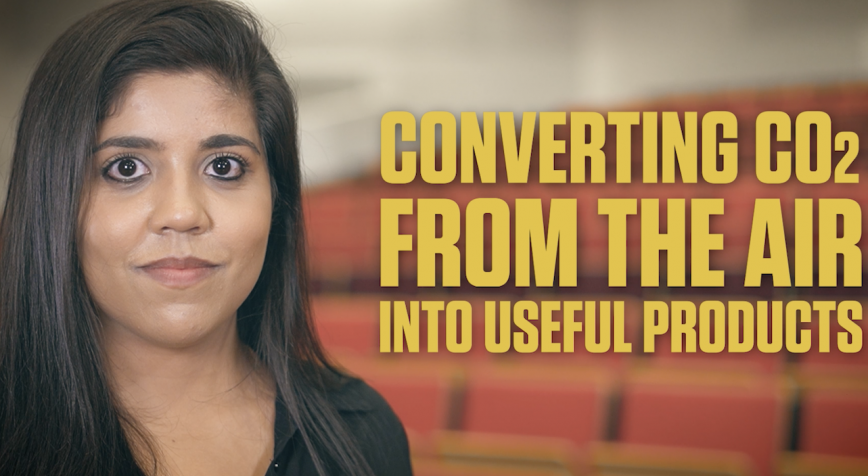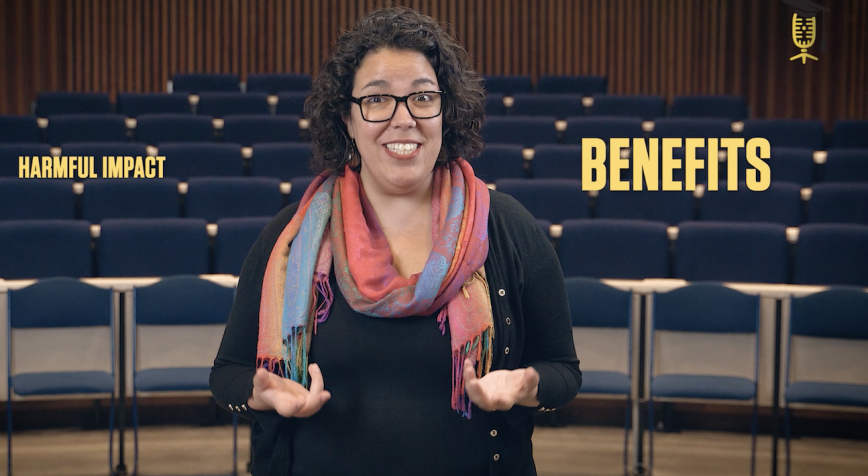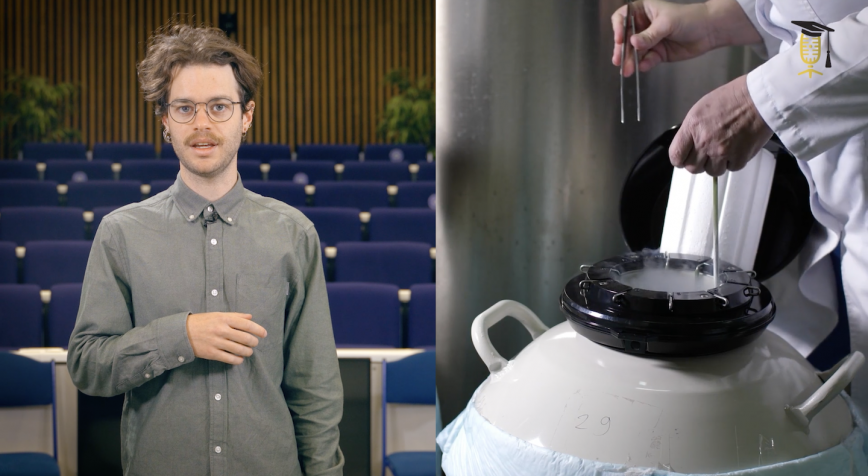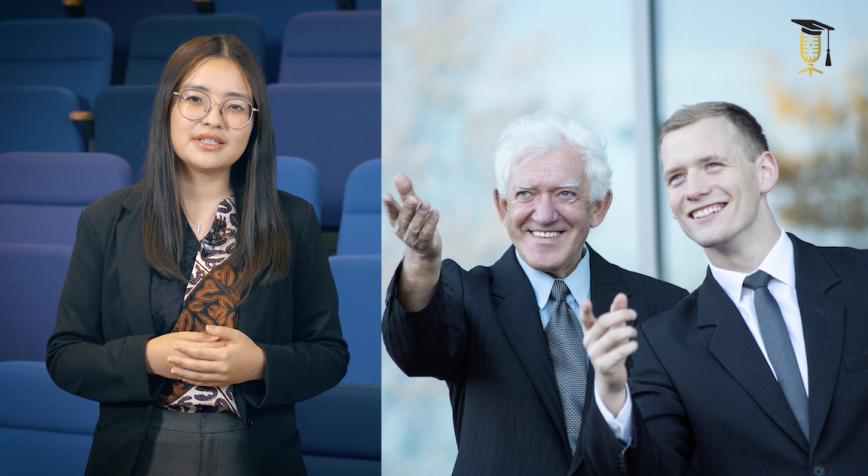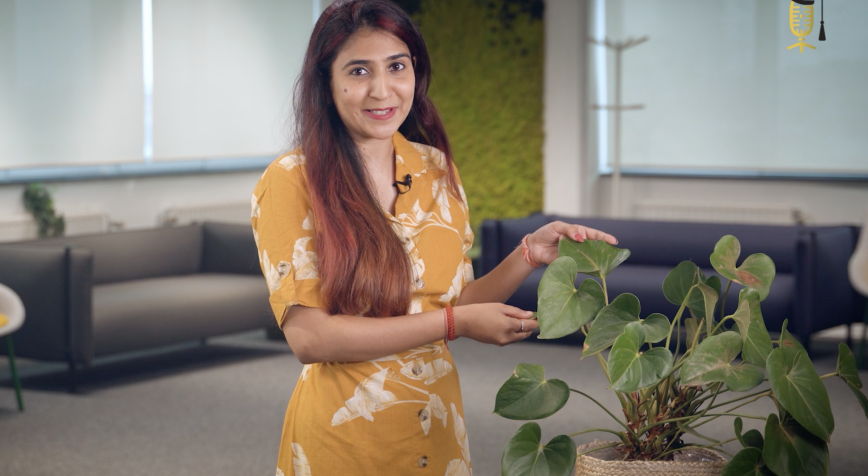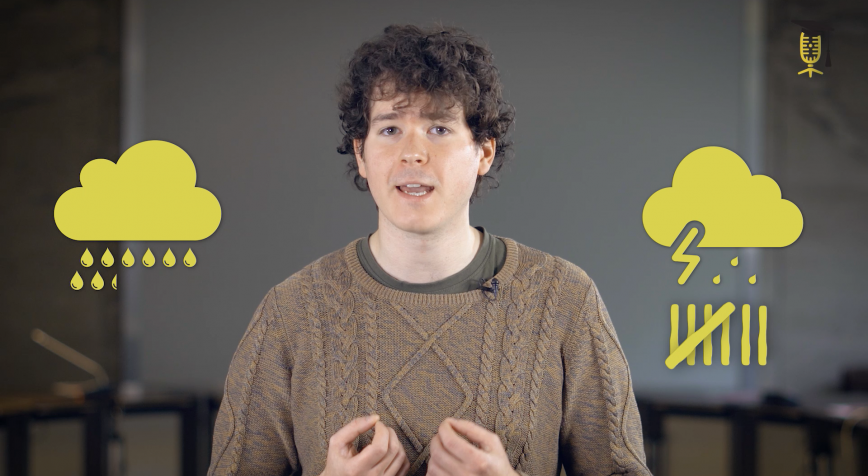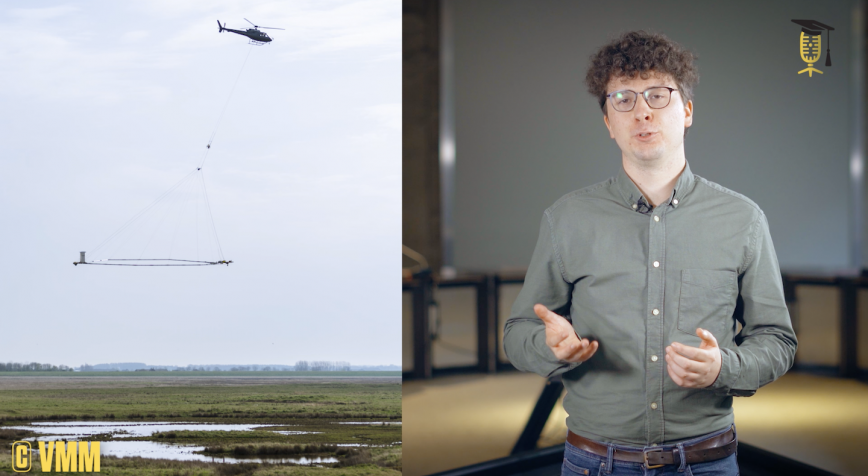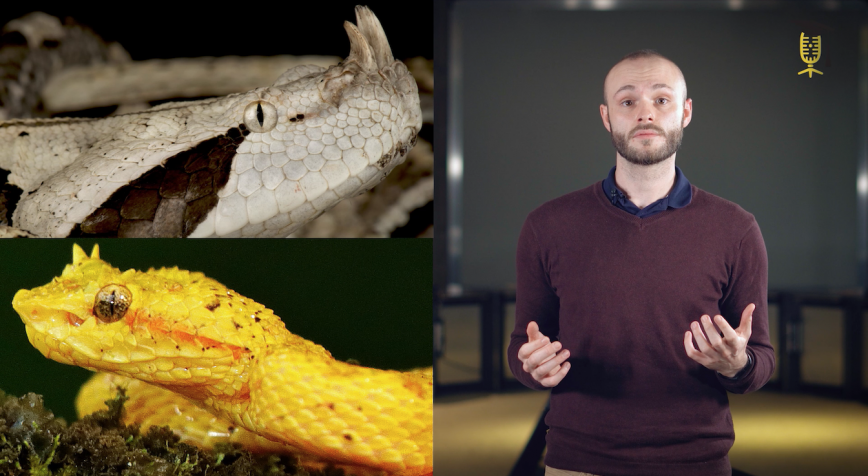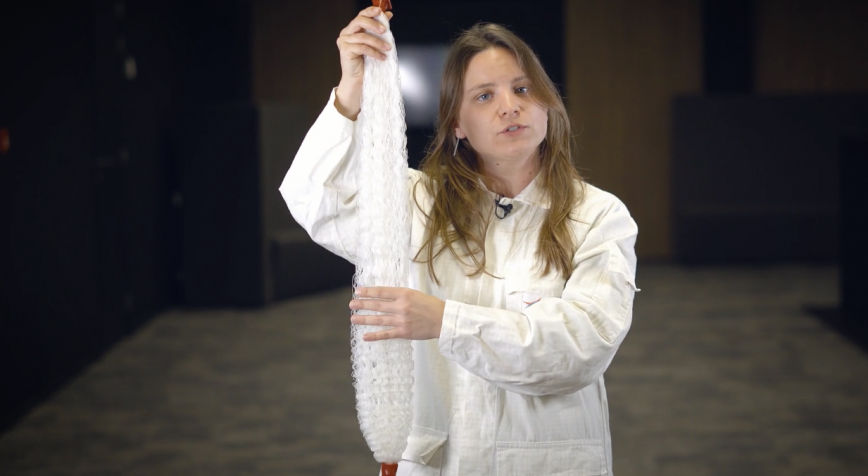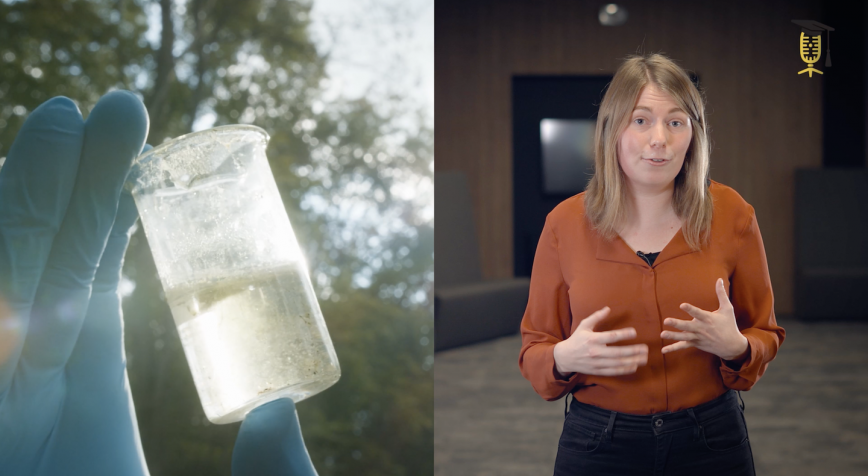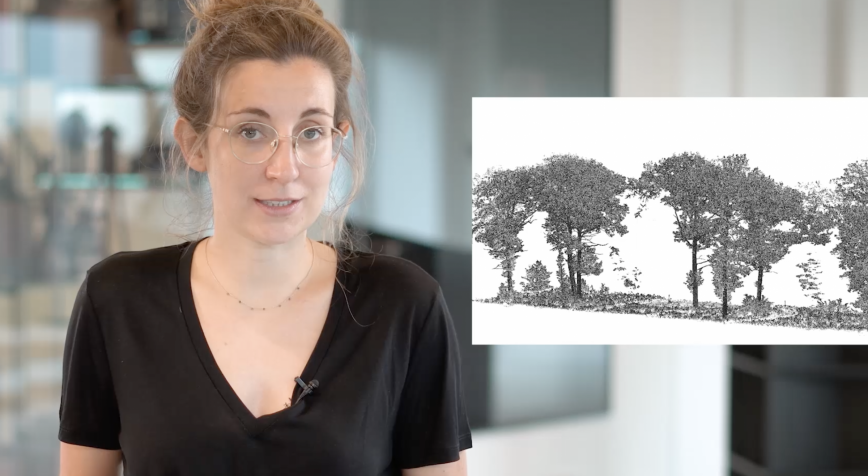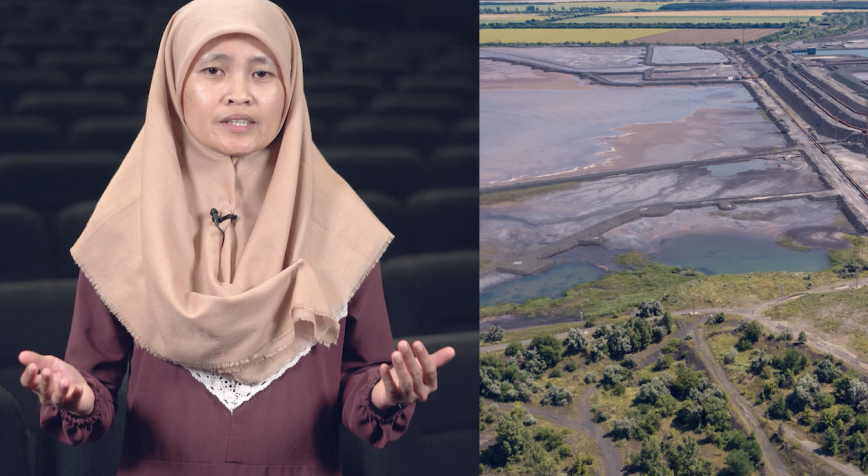
KU Leuven
VITO
Extraction of valuable metals from mine tailings
What if we could give mining waste a second life? Mining produces a lot of waste, so-called mine tailings. These tailings still contain some leftover valuable metals, Nor Kamariah is researching new approaches to extract these remaining metals from the mining waste, while cleaning these tailings all at once. These clean tailings can then be recycled as construction materials.
